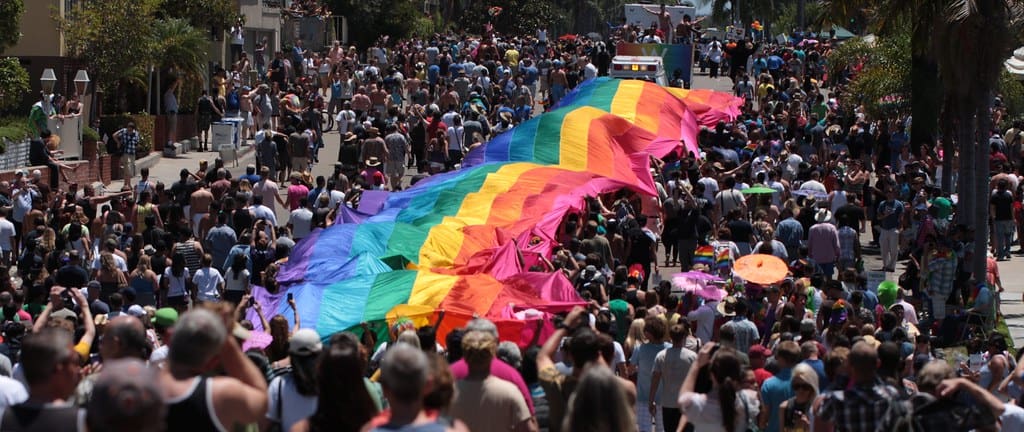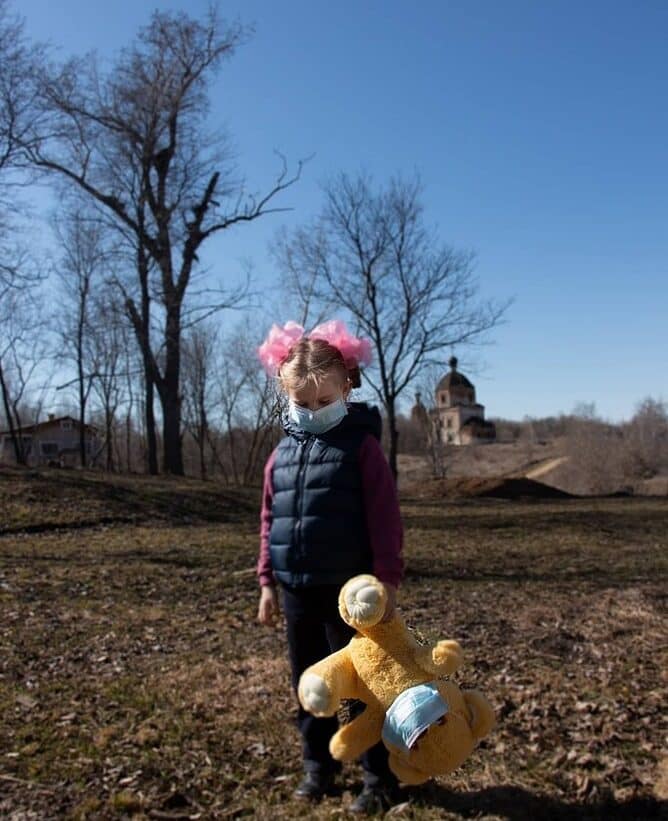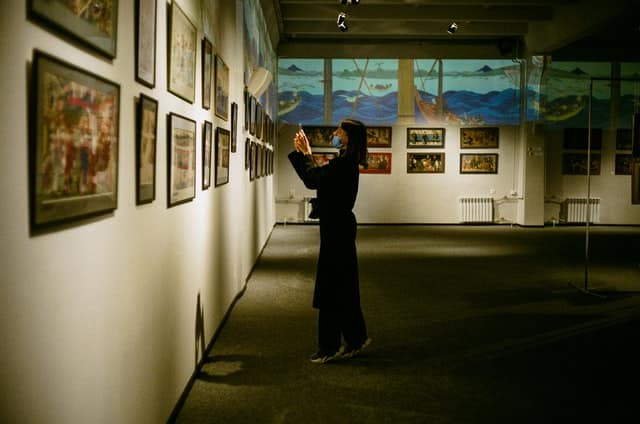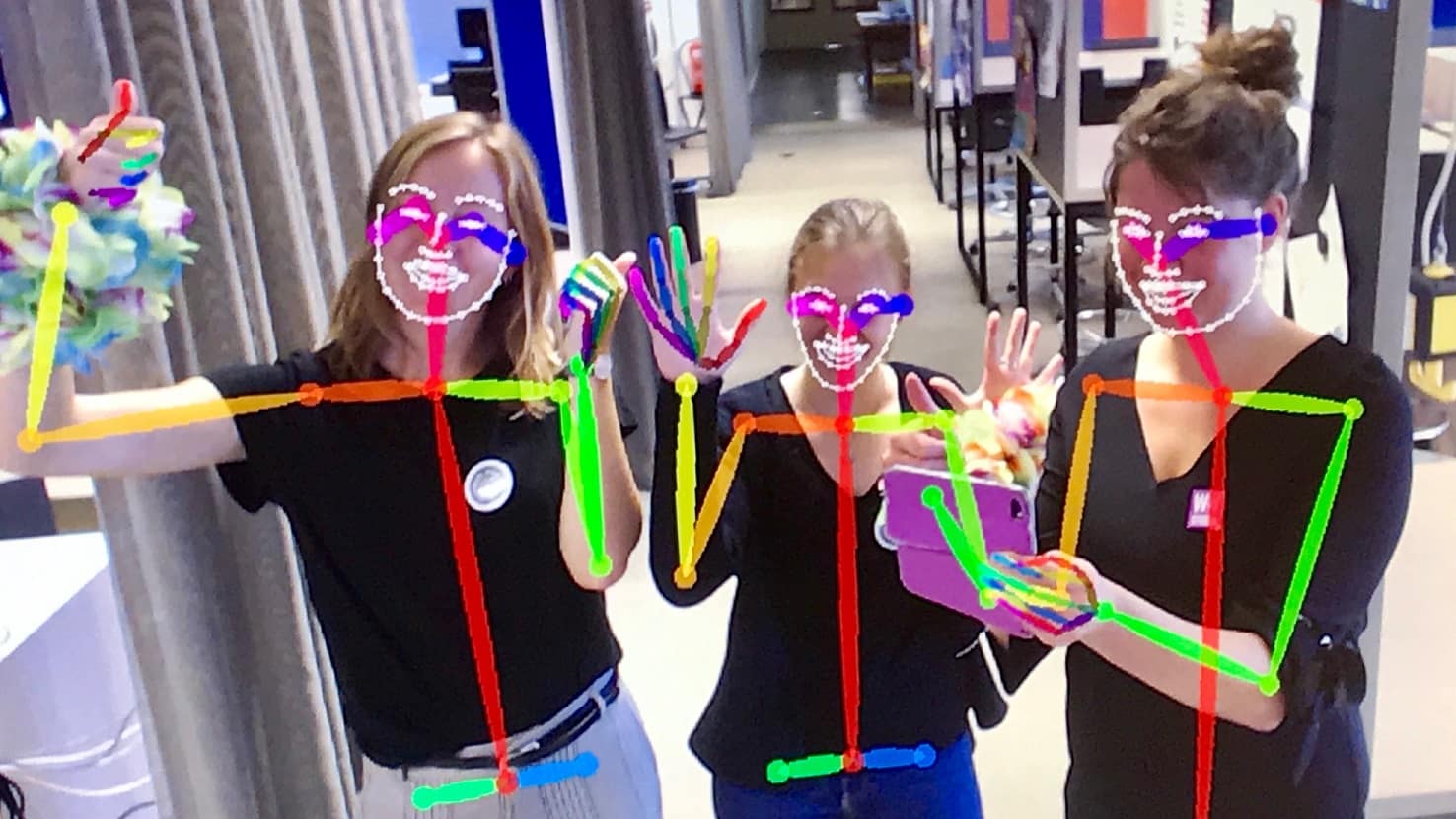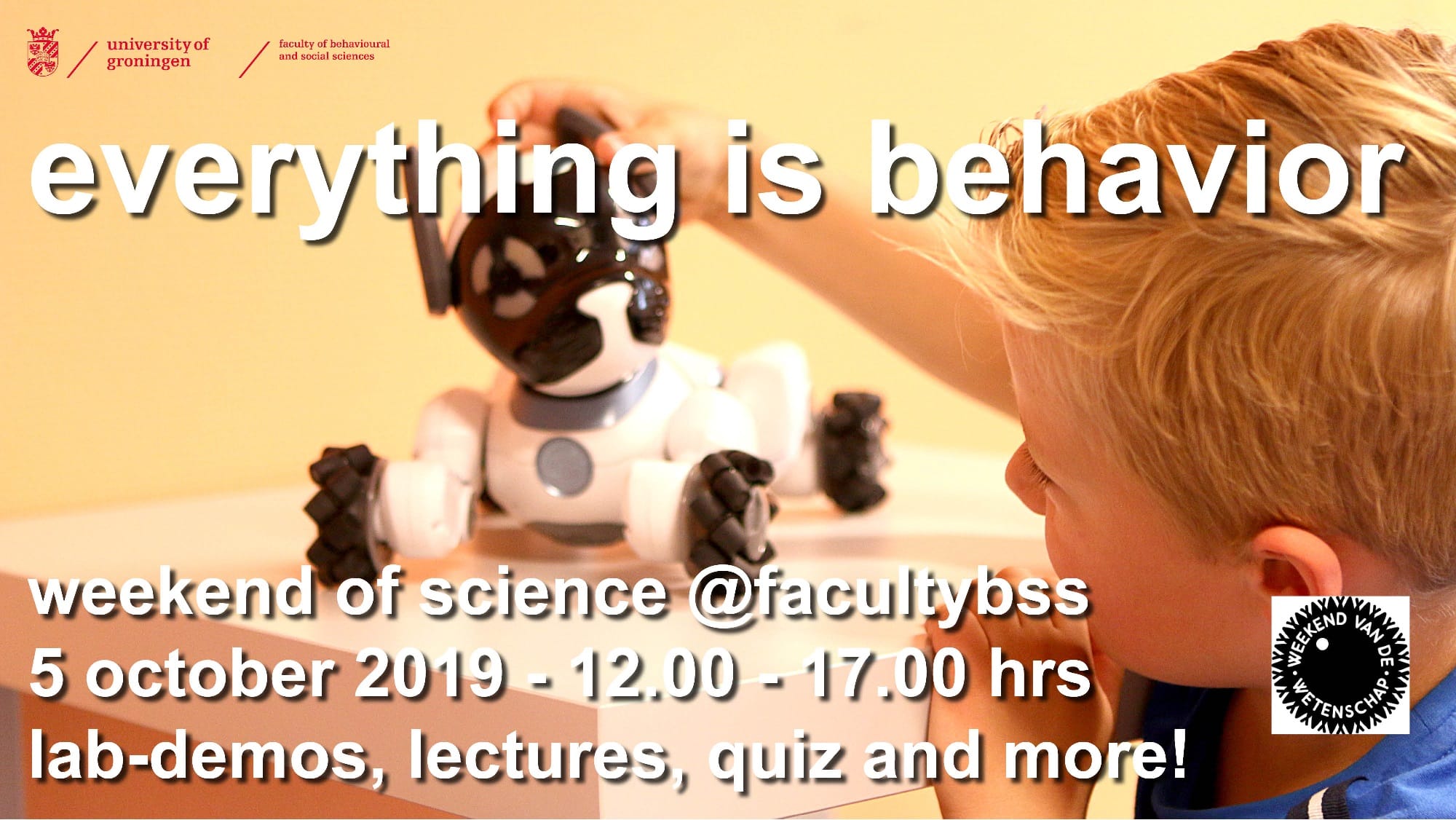Gender identity is a crucial process in developmental trajectories. In the case of transgender adolescents, they may face regular discrimination and limitations. Taking the perspective of Personality Psychology gives way for new arguments in favor of granting adolescents more autonomy to decide about their own identity pathways.
The Corona pandemic is affecting all of us, however, children may be affected the most. This article deals with what they are struggling with, how they are coping, and what we can do to help them go through this extremely challenging time.
This post aims to describe how expressive writing can be a tool to nurture your mental and physical well-being in the context of the pandemic —or other stressful life situations.
The coronavirus catapulted us into a digital society even more rapidly than we expected. The desire and need for art as a language for shared feelings of chaos, loneliness, and hope are partially fulfilled using digital technologies and media. Yet, Gemma Schino wonders: how close are digital art experiences to the live art ones?
This post introduces the concept of Linguistic Bodies, the analysis of expressive writing from complexity science, and how it can be linked to Personality and Depression.
Early traumatic experiences have an impact on later outcomes and adult life, the very thing is, the long-term consequences not always must be only negative. In this post, Solomiia explains the relevance of childhood adverse experiences, the role of Resilience on later outcomes, as well as a general overview of the study currently conducted by the group led by Dr. Bertus Jeronimus in this topic.
The pandemic and self-isolation can help us to reflect on relevant topics. The post reflects on the experience of a PhD student being far away from her homeland during COVID-19 outbreak, the equilibrium between solitude and interpersonal relationships, highlighting the relevance of social interactions in the development and construction of ourselves.
Interpersonal styles are the driving factor behind our social interactions, therefore studying them contributes greatly to our understanding of ourselves and others.
How can we show others, non-scientists, what it is that we (scientists) do and love? In this blog post, Lisette de Jonge-Hoekstra shares how she demonstrated her research at the Weekend of Science. The format she used benefits both scientists and the public.
On October 5th 2019, the Faculty opens her doors to showcase her ongoing research, during the national Weekend of Science. Everyone’s invited: neighbors, employees, students, family, friends, etcetera. The title of this year’s edition is “Everything is behavior” (“Alles is Gedrag”).

